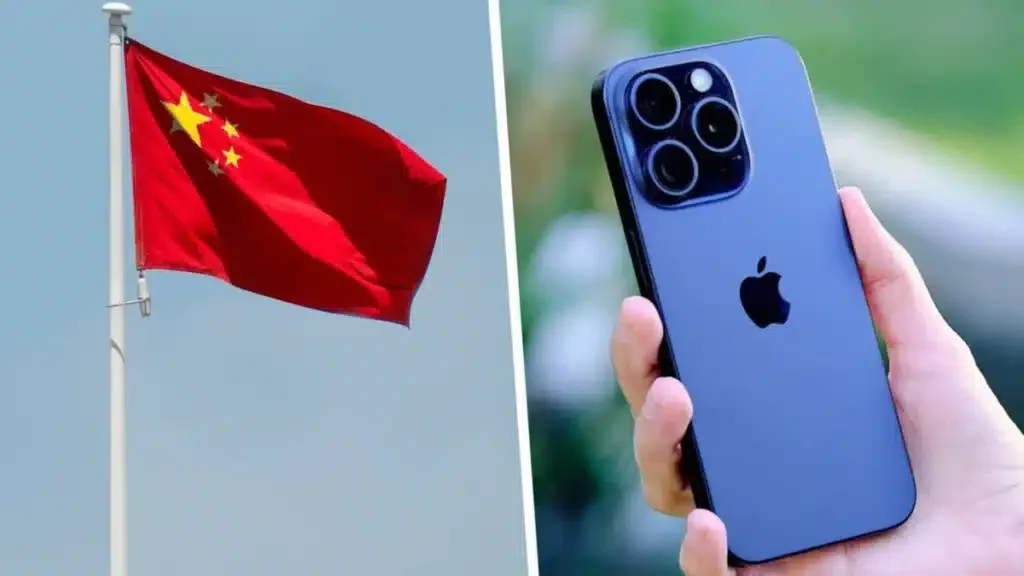
Apple’s China Struggle: Nationalism and Local Brands Gain Ground
The Chinese smartphone market is undergoing a significant shift, with a surge in popularity for domestic brands and a corresponding decline for foreign giants like Apple and Samsung. Tariffs and a growing sense of nationalism are fueling this trend, presenting a major challenge for these international players.
Recent data reveals a stark reality: shipments of foreign smartphones in China plummeted by nearly 50% in March. This has pushed Apple, once the market leader, down to fifth place, trailing behind four prominent Chinese brands: Vivo, Oppo, Xiaomi, and most notably, Huawei.
According to the Chinese Academy of Information and Communication Technology (CAICT), foreign smartphone distribution has nearly halved in just one year. This decline is particularly pronounced for Apple, whose market share has shrunk to 14.1%. This is a significant drop from less than two years ago when it reigned supreme.
Samsung's story is even more dramatic. Once controlling almost 20% of the Chinese market in 2013, its share has dwindled to a mere 0.8% by 2023, transforming it from a major player to a virtually unknown entity.
Apple is attempting to combat this trend by offering promotions on iPhones earlier than usual, an unprecedented move in its sales strategy. However, this may not be enough to counter the powerful forces driving the shift towards local brands.
The change is not simply about product performance or pricing; it reflects a fundamental shift in consumer preferences. Chinese consumers are increasingly prioritizing and supporting local brands. Since 2022, the Chinese government has further incentivized this trend by offering subsidies for smartphones priced below 6,000 yuan (approximately €830), a segment dominated by national brands.
The trade war with the United States, coupled with tariffs imposed during the Trump administration, has exacerbated this nationalist sentiment. Foreign products are now viewed with less favor, further boosting the appeal of domestic alternatives.
Huawei's resurgence is a prime example of this self-sufficiency strategy. Despite facing heavy sanctions from the United States, Huawei has managed to reclaim market share while building its own technological ecosystem.
Apple and Samsung are now facing a crucial strategic challenge in the Chinese market. It's no longer just about recovering lost ground, but about fundamentally rethinking their value proposition in a context where their foreign brand status has become a disadvantage. Their future success will depend on their pricing strategies, partnerships with local operators, and their adaptability to the unique demands of the Chinese market.
The Chinese smartphone market is becoming increasingly distinct from the rest of the world. Can Apple and Samsung adapt and regain their footing, or will the rise of Chinese brands continue to reshape the global smartphone landscape? Share your thoughts and predictions in the comments below!